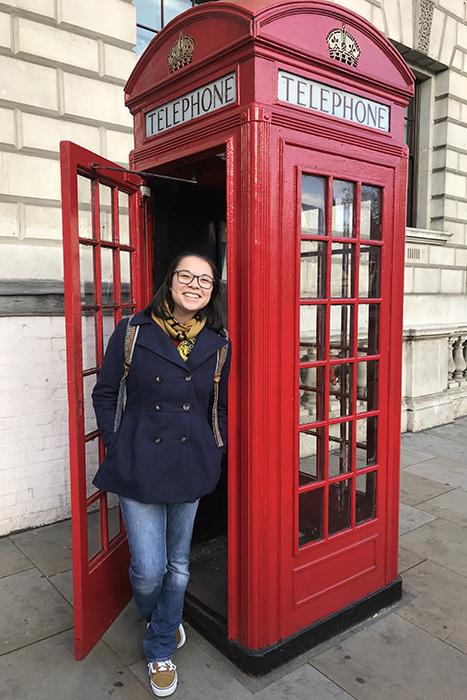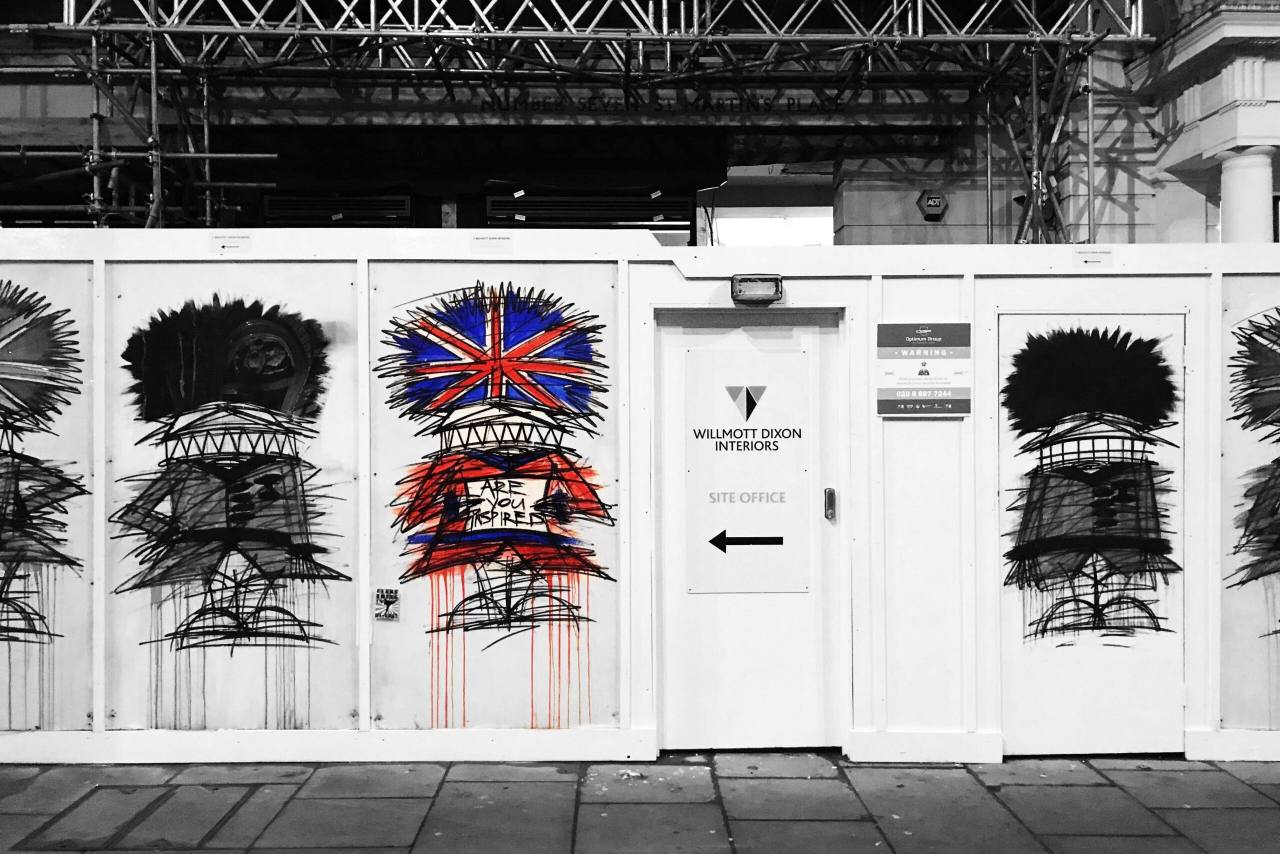A Third Culture Kid’s Take on Culture Shock

In my previous blog post, “From Everywhere and Nowhere: The Third Culture Kid,” I talked a bit about my experiences as a “TCK”—someone who spent a significant amount of their childhood in a country or culture that doesn’t match their citizenship. In my case, I lived in Tokyo, Japan, until I moved to the U.S. at 16. We TCKs often deal with a bit of an identity crisis; we don’t really feel like we’re “from” anywhere. It feels like I’m a foreigner, no matter where I am.
I also mentioned something in my previous post about being warned about homesickness while abroad. My friends and I were also informed about the stages of culture shock that people typically go through when they move to a new country: There’s a brief honeymoon phase, a rough period of adjustment, and eventually you reach a point of acceptance. I knew about this process all too well. I went through every imaginable stage of culture shock upon moving to the States because I was trying to navigate how to be “from” my own country. So when I arrived in England, I expected a similar transition process and for culture shock to hit me hard again. But it never did.
Being a TCK actually worked to my advantage this time, because typically we grow up in an environment where cultural differences, miscommunications, and challenges are normal, so we naturally learn to adapt. We can learn to get comfortable anywhere. Adapting to Londoner life wasn’t a challenge for me because I didn’t even really realize that I was doing it.
It came naturally. Looking back now, though, I can pinpoint what exactly I was doing subconsciously to adjust to my new surroundings. If you ever decide to study abroad, or even just get out there and travel, maybe my little tips and tricks could help you, too!
Human beings naturally learn lots of behaviors by observing what others are doing (this is my inner Pre-Art Therapy major shining through). TCKs take observation to a whole new level, and I am no different. This is where the “TCKs are from everywhere” thing comes in. Because we’re really observant, it’s easy for us to adapt quickly to social cues and blend in. If I didn’t know how to do something without looking totally clueless, I watched the Londoners.

I looked for visual cues, like what side of the stairs to walk on or how quiet I should be on public transportation (I’ll help you out: in London, the answer is always very). Once you figure out the rhythm of a crowd, you can learn to move to that rhythm.
Not only do TCKs learn to figure out the different rhythms of new places, we learn to love and appreciate them. We develop a mindset that is very tolerant and understanding. Whenever I encountered any cultural differences in London that I didn’t know about, my thought process went something along the lines of, “Oh. That’s different. Okay, that’s the way this is done here, so that’s how I’ll do it now. Cool.”—and I carried on with my day with a little piece of newly acquired knowledge that I used from then on.
For instance, my semester in London overlapped with Pancake Day, so the Arcadia London Center gave out free pancakes. Any holiday celebrating food is my kind of holiday, so I was very happy—and the food was free, too!
I discovered that British pancakes resemble crepes more so than the big, fluffy American pancakes that we’re used to. English pancakes are also traditionally eaten with lemon juice and sugar, not butter and maple syrup. Upon learning this, again, my thought process was “I didn’t expect that. That’s the way pancakes are in England, so it is what it is.” and moved on.

A few of my classmates didn’t exactly have the same mindset. They were surprised, and even disappointed—the word they kept using was “weird.” I didn’t love the choice of words, but unfortunately I was used to it. People are often skeptical of Japanese cuisine, because it’s so different than the food we eat in the States. It does bother me a bit, but I try to brush off the comments whenever I hear them. This time was no different.
At the end of the day, I think one of the keys to making the adjustment process as smooth as possible—and one of the best pieces of advice I can offer—is to try to look at new things as different rather than weird. I don’t equate different to weird, because being different doesn’t make something weird. Even if we aren’t used to something as trivial as a pancake, that something is someone else’s normal. Truth be told, I bet some British people are quite “weirded out” by our pancakes, too.



